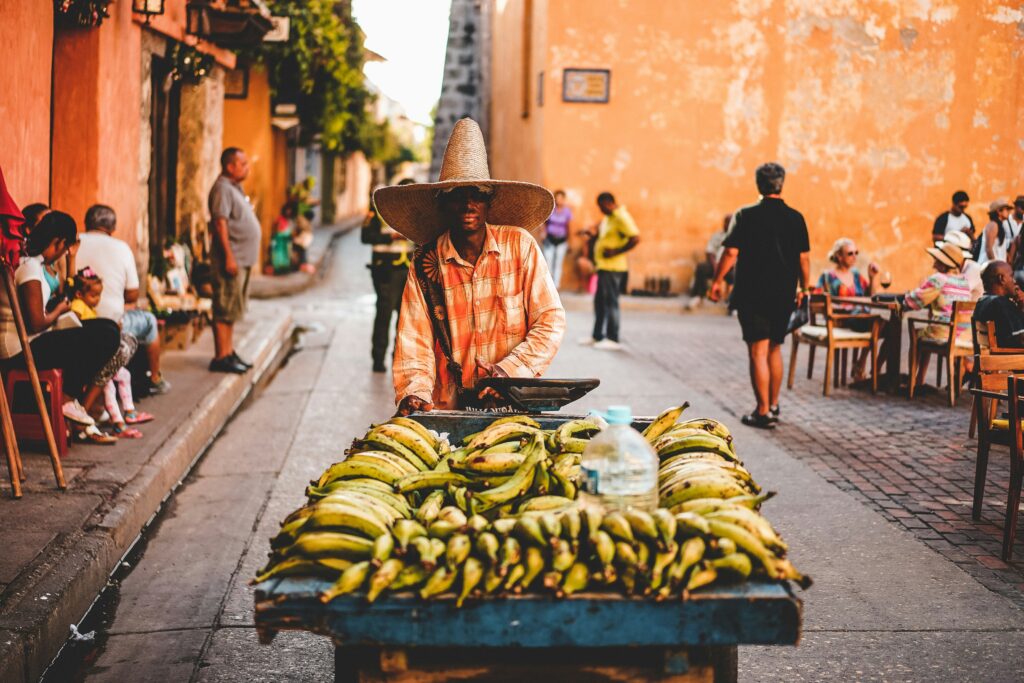
Traveling is one of my favorite things. There’s something magical about stepping into the unknown, meeting new people, and soaking up different cultures. But I can’t tell you how many times I’ve cringed when looking at my post-trip credit card bill. It’s not just flights and hotels that drain your wallet. There are hidden costs that can sneak up on you.
That’s why I want to share the ten travel expenses that budget travelers often overlook. Knowing these will help you save more and worry less on your next adventure.
1. Travel Insurance
You might think, “I’m healthy. I don’t need insurance.” Here’s the thing: accidents happen. Flights get canceled, bags go missing, and emergencies arise. Travel insurance can cost as little as 5-10% of your trip budget. It’s worth it.
Take a moment to research different policies. Some even cover adventure sports if that’s your vibe.
2. Airport Transportation
You’ve booked your flight and accommodations. Great! But how will you get to your hotel? Airport transport can be pricey. Shuttles, taxis, or ride-shares might charge more than you’d expect.
Before you go, check public transport options. Many airports have affordable bus or train services. Alternatively, see if your hotel offers complimentary shuttles.
3. Currency Exchange Fees
This might surprise you: exchanging currency often comes with hidden fees. Banks and exchange services might charge a percentage for the exchange. Sometimes, airport exchange rates are downright awful.
To save money, try using an ATM to withdraw cash in the local currency. Choose the option to be charged in the local currency to avoid additional fees. Pro tip: inform your bank about your travel plans to avoid any surprises!
4. Local Taxes and Fees
Many places add local taxes or fees to your bill without clearly showing them. Beach resorts might slap on a “resort fee,” while cities often add a “tourist tax.” This could be an extra ten to twenty percent added to your total.
Always look for details about taxes when booking hotels or activities. A little research will save you a lot of confusion and cash.
5. Food and Drink
Eating out might sound affordable, but costs add up quickly. Think about breakfast, lunch, dinner, and those little snacks. It’s tempting to eat at touristy spots, but they can be a budget killer.
Scout out local markets and grocery stores for meals. Street food can also be delicious and much cheaper. Plus, chatting with vendors can be a fun experience.
6. Activities and Tours
Many well-reviewed tours might look budget-friendly, but check for any additional costs. Does the price include entry fees, equipment rentals, or meals? If not, you could be on the hook for extra cash.
Look for “free” or low-cost tours. Many cities offer walking tours, where you can pay what you want at the end.
7. Tips and Gratuities
Tipping customs vary from place to place. In some countries, it’s expected; in others, it could be included in the bill. Not knowing can cost you.
Before your trip, research local tipping practices. A small amount here and there can really add up, especially if you’re using services frequently.
8. Data Roaming and Wi-Fi Costs
Let’s face it, we depend on our phones while traveling. But international roaming charges can be outrageous.
Instead of risking a hefty bill, consider getting a local SIM card or checking for Wi-Fi hotspots. Some cafes and public places offer free Wi-Fi.
9. Souvenirs and Shopping
I’m all for bringing back mementos. But souvenir shops often charge way too much. It’s easy to overspend on trinkets that you’ll forget about in a week.
Instead, think about unique local items that genuinely represent the area. You might find better deals at local markets compared to tourist shops.
10. Unexpected Costs
Let’s be real: you can plan all you want, but stuff happens. Maybe you’ll have to pay for an extra night if your flight is delayed. Or perhaps you’ll need to replace a lost item.
Set aside a small emergency fund while you’re traveling. This way, you’re prepared for the unexpected without getting stressed.
Wrap Up
Knowing these hidden costs can make a significant difference in your travel budget. It allows you to enjoy your adventure more and stress about money less.
Before your next trip, take a moment to think through these points. It could save you a lot more than you think.
Happy travels, and here’s to you enjoying great experiences without breaking the bank!
Related: For more tips on managing travel costs, check out this guide on Budget Travel Essentials.
**Related Reading:** – [Related: How to Plan a Solo Trip on a Budget] – [Related: Top Destinations for First-Time Solo Travelers] **#SoloTravel #Hidden #Travel #Costs #Budget #Travelers #Overlook #Save #Adventure**